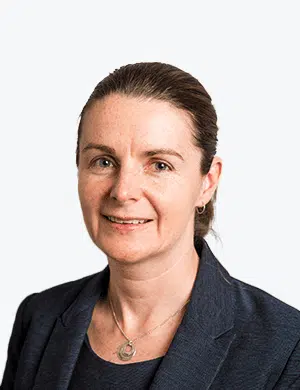Income protection or salary continuance is a type of insurance policy that can provide coverage of up to 75% of your pre-disability income for a period of time, up to age 65 or age 70 in some cases. For income protection policies held personally, the premiums are tax-deductible to the individual. In the event of being ill or injured, an income protection policy is extremely valuable.
On 30 September 2020, the Australian Prudential Regulatory Association (APRA) which regulates the insurance industry in Australia, mandated very significant changes to the way income protection policies are structured. The changes are to ensure we have a sustainable personal insurance industry that provides us financial protection if we become ill, injured or die prematurely.
Key changes, effective as at 1 October 2021
- Introduction of two-stage coverage levels
Currently, income protection policies cover up to 75% of your pre-disability income but there are additional benefits available on policies that can result in you receiving more than 100% of your pre-disability income. Going forward, this will be limited to 90% of your pre-disability income for the first six months then drop to 70% for the remainder of the policy. This means if you make a claim, you could receive less than you would currently.
- Earnings ascertained over 12-months rather than three years in retrospect
At present, if you make a claim, `some policies allow you to look back three years then use the best 12-month period to substantiate your claim. As at 1 October 2021, the changes will limit policyholders to only looking back at the last 12 months. If your income is variable, which might be the case for self-employed or contract workers, you may have earnings averaged over a period appropriate for your occupation, but this is still unclear.
- Change to the way claims are assessed
Currently the ‘own occupation’ definition applies to protect qualified professionals and ensure benefits are paid if they become ill or injured and deemed unfit to perform their occupation. Under APRA’s regulatory changes, an income protection claim will be assessed under ‘own occupation’ definition for the first two years of claim, and then assessed under an ‘any occupation’ definition based on training, education, and experience. This change in definition could result in long-term income protection benefits ceasing beyond two years.
Key change, effective as at 1 October 2022
- Insurer can revise the policy every five years
Under this change, the guaranteed renewal benefit will no longer apply as the insurer will revise some terms and conditions of your income protection policy every five years.
The insured person will be required to provide a declaration in relation to changes in their occupation, income generated from employment or involvement in any dangerous pastimes.
Considering these changes, it’s never been more important to get income protection cover or review your existing policy to ensure it’s right for you.
If you require assistance or would like more information on any of the changes impacting Income Protection products, please get in contact with your William Buck Risk Advisor.























